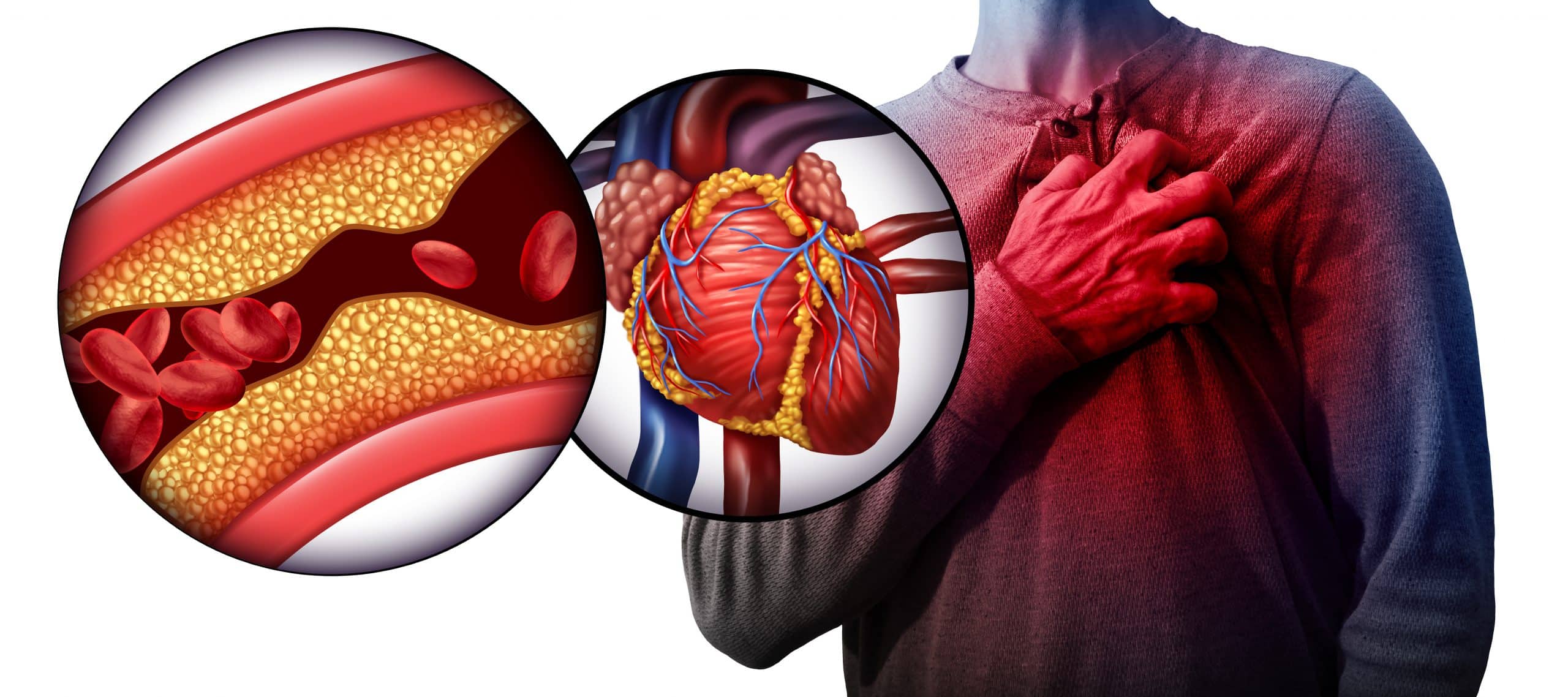10/14/2019
Factors That Can Exaggerate Blood Pressure Readings
When you go to the doctor’s office, blood pressure measurement is one of the ways doctors can check up on your heart health. The only way to diagnose high blood pressure, known as hypertension, is by a blood pressure test. Blood pressure readings are typically taken at the start of your doctor’s appointment.
A healthy blood pressure reading is anywhere between 90/60 and 120/80. To understand your blood pressure reading, you need to know the difference between diastolic and systolic blood pressure. The first number is the systolic blood pressure which measures how much pressure your blood is exerting against the artery walls when your heart is beating. The second number is the diastolic blood pressure which indicates how much pressure your blood is exerting against your artery walls while the heart is resting between beats.
Anything 140/90 or above is considered a high blood pressure reading, which could be a diagnosis of hypertension. Hypertension is one of the leading causes of heart disease that can lead to heart attacks, kidney failure, stroke, and even dementia. If your blood pressure measures below 90/60, that could be an indicator of hypotension, or low blood pressure, which can result in dizziness, fainting, and long-term damage to the heart and brain.
Because of the associated risks, a higher or lower than normal blood pressure reading in a healthy adult can be alarming. Blood pressure can be influenced by risk factors such as weight loss or weight gain, diet, and physical activity. While an unhealthy lifestyle can cause hypertension, blood pressure readings may falsely indicate hypertension.
But did you know there are a number of factors that can cause a temporary spike or drop in your blood pressure that leads to a false reading? Fortunately, there are plenty of ways to prepare for your test to ensure an accurate reading. Learn about these factors to better prepare for your next blood pressure reading.
Stress and Anxiety
If you are experiencing stress immediately before or during a blood pressure test, the spike in cortisol levels will cause your heart rate to increase and could result in a higher blood pressure measurement. Sometimes, just the anxiety caused by being at the doctor’s office- often referred to as white coat hypertension– can also cause your blood pressure to rise.
While anxiety and stress is not a factor for chronic hypertension, it can influence your blood pressure at the time of the reading. When you are under stress, your body releases cortisol- a stress hormone that may temporarily raise your blood pressure. Try to decrease stress levels by taking deep breaths before and during your test.

A Full Bladder
When your bladder is full, and the pressure on your kidneys exert pressure on your blood vessels. Having a full bladder during your blood pressure test can add up to 10 to 15 points. Be sure to use the restroom before getting your blood pressure taken to ensure you receive an accurate reading.
Crossed Legs
Crossing your legs during a blood pressure reading can raise your results by 2 to 5 points. The nurse will usually remind the patient to be sure to sit with your legs uncrossed and feet flat on the ground during your blood pressure test. Make sure that your legs are not crossed during the reading to ensure accurate blood pressure readings and avoid a false hypertension reading.
Blood Pressure Cuff Placement
Most blood pressure reading errors are the result of improper sizing of the blood pressure cuff or placing the cuff over clothing. Improper placement of the cuff over clothing can cause your blood pressure measurement to increase by 10 to 50 points. If the cuff is too small, it can add 2 to 10 points to your bp measurement. Be sure to roll up your sleeve for a blood pressure test and also let your doctor know if the cuff feels too tight around your arm.
Eating (Or Not Eating)
Right after eating a meal, your blood pressure will often read lower than normal because digesting food actually lowers your blood pressure. If you are taking your blood pressure at home, your doctor will usually recommend that you take your blood pressure test in the morning before eating or wait thirty minutes after a meal. Not eating enough or fasting can also cause an inaccurate reading. Your diet can play a big role in managing your high blood pressure. To exercise long-term hypertension treatment, be sure to eat whole foods that are proven to lower high blood pressure.
Alcohol, Caffeine, and Tobacco
Consumption of alcohol, caffeine and tobacco cause your blood pressure to immediately rise. Avoid alcohol, caffeine and smoking at least 30 minutes before your blood pressure test to ensure an accurate measurement.
Too Much Talking
Research has shown that even talking during a blood pressure test can increase your reading. Talking to your nurse or doctor during the test could raise your measurement 10 to 15 points. Stay quiet at the time of your blood pressure reading for a more accurate measurement.
Cold Temperatures
Being cold can also cause your blood pressure to spike. When blood vessels contract due to lower temperatures, the blood pressure readings may increase because the blood requires more pressure to flow through the more narrow blood vessels. Be aware that if you are feeling chilly at the doctor’s office during a blood pressure test, your measurement may be a little higher than normal.
Even if your blood pressure is normal, it is important to know what can exaggerate the measurement. In order to avoid misdiagnosis of hypertension, it is important that you and your doctor are aware of the factors that could cause exaggerated blood pressure results. With all of these factors in mind, you can be sure that your blood pressure is being measured properly. Learn more about blood pressure management and heart health with CVG today.



